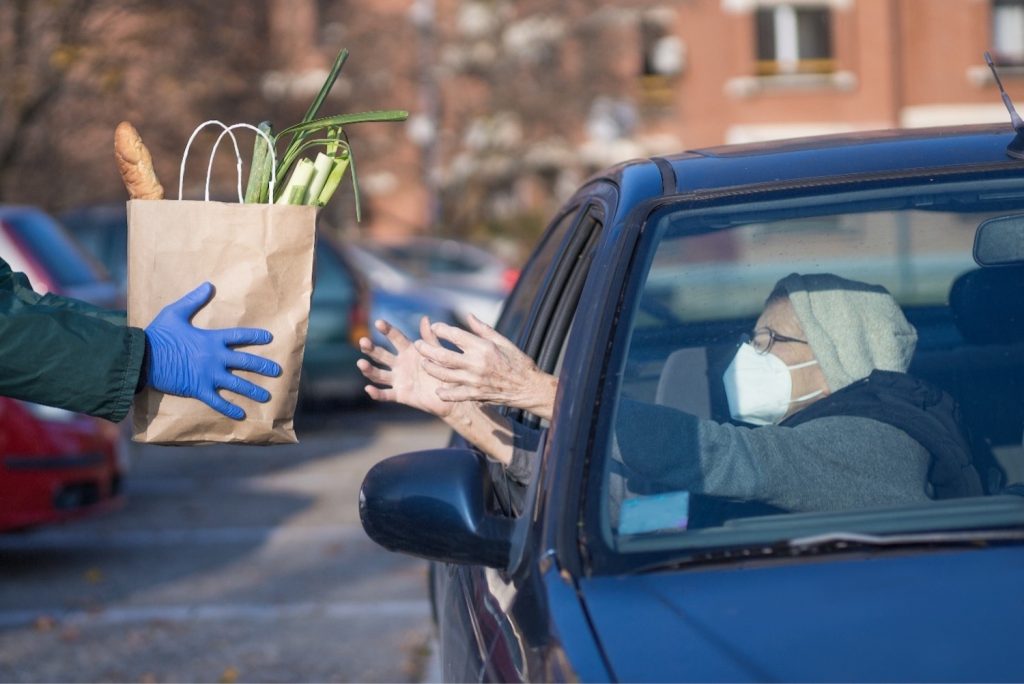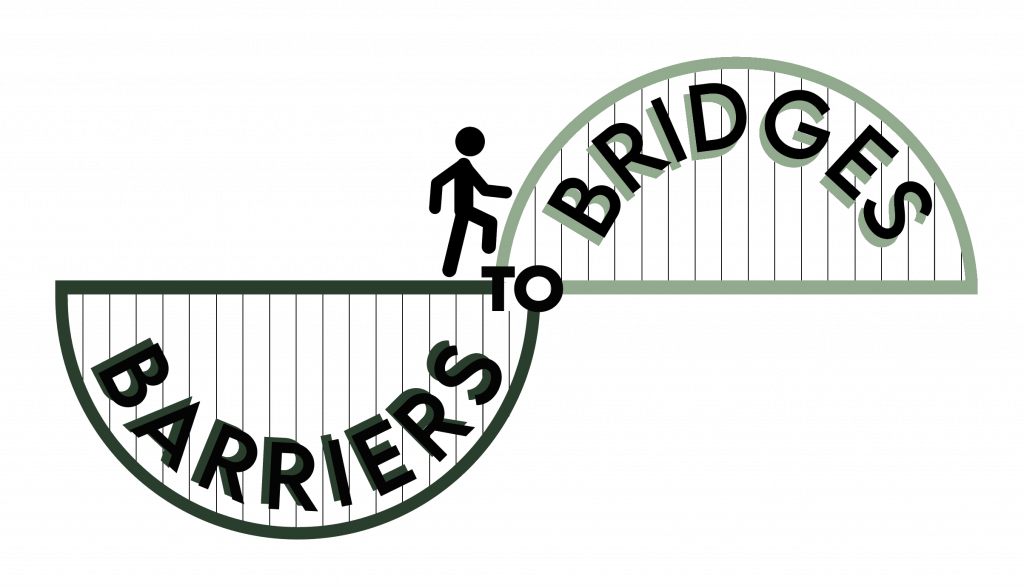by Caitlin Stimpson

According to The Big Issue, The UK’s food poverty rate is among the highest in Europe. Despite being the sixth richest country in the world, millions are struggling to access the food they need. From a pre-pandemic tip-off alerted to Dawn Sanders, it was discovered that Doncaster – a socially deprived ex-mining town in the north, had a total of 24 food banks. The need for food banks has only increased during, as well as after the rough of the COVID19 pandemic. Down south, in Plymouth, there are a total of two food banks.
While it is common knowledge for most in the UK that social class plays a huge factor in why roughly 1 in 5 of the UK population live below the poverty line –due to rent prices skyrocketing meaning that food bank reliance is only increasing, especially as more people are laid off from jobs and furlough pay isn’t enough to cover pre-pandemic rates of living. How does the likes of Doncaster’s 24 food banks versus Plymouth’s 2 food banks directly contrast, and why do food banks appear less needed in some Southern areas of the UK?
The Trussell Trust is the largest food bank network in the UK, founded by lifestyle author Carol Henderson. The Trussell Trust website shows that Leeds South and East foodbank became the UK’s most relied on food bank during the course of the pandemic. Whereas Plymouth, situated in the lower part of the South West, an ocean city just outside of Cornwall has only two food bank points in total – where the need for emergency food banks are far less in demand, even during the heights of the pandemic. Plymouth and other southern areas of England have a reputation for having a higher percentage of middle-class people than most North-West places in England. A 2018 study from phantommedia.com showed that ‘despite ‘Northern Powerhouse’ policy of 2014 that was overseen by Chancellor George Osborne attempted to redistribute England’s “southern-centric economy” to the North’s population of 15 million people which led to the number of employees in the north growing by 2.2 per cent, the south still remains the epicentre of socio-economic power with employee numbers growing exponentially by 7.5 per cent.’ Speaking with Nile, (who chooses to remain last name-anonymous) – previously worked for Plymouth City Council as a part of the Housing Associate Team for over 20 years, he told me: “friends who worked in city council offices outside of Plymouth always had to deal with more rent-battle enquiries as people often didn’t have any expendable income after rent and so need to rely on foodbanks now more than ever. No-one seemed to understand why as rent was cheaper up there, but since the pandemic its more obvious than ever – people can’t afford basic living because, it’s de-industrialising which in turn means job opportunities are a lot less frequent than they are down here in the likes of Plymouth were we have more branch connections, less social deprivation and in all honestly, more middle-class families who can pass on their generational wealth to their young and so on.“ Nile reiterates, “While food bank enquiries are something I’m definitely not unfamiliar with – it’s not something I get asked about so often in my line of work to be honest.”
In a recent interesting article for Tribunemag, Liverpool West Derby based Labour MP Ian Byrne discussed the National Food Strategy – a recently introduced government review into the UK’s food systems and infrastructures with the intention of setting out for a better system in light of the COVID pandemic as well as Brexit. However, it seems that they simply just don’t want to. The government have the power to solve homelessness, poverty, climate change, you name it. But what has been proven throughout this pandemic is that they just don’t want to. Nile continued to explain to me when presented with this information that “Being ruled under a conservative government means that, regardless of your political views, working-class people will continue to suffer, and it will only get worse for those living up north as long as our government and COVID support system stays the way it is.” When asking Nile whether there is anything that can be done by the public to narrow the north/south divide, he told me, “The north and south manage their money in such different ways. For instance, northern areas might have more manufacturing stuff going on economically, whereas southern areas have more personal businesses and services in professions to keep money afloat. The only real way we can in times like these is to stay united, stop the stereotypes and stop the hate, try to stay united as a country whilst it’s trying so hard to be pulled apart.” While it is inevitable that the pandemic would only worsen financial situations for people globally, there are things that can be done to help, including:
- Donating any canned goods/non-perishable foods to your local food banks. Follow this link to donate food.
- Donating money wherever you can: Follow this link to donate money.
- Raising awareness on the continuing dire need for supporting low-income families and people during times like these. This can be sharing articles such as this on Facebook, Twitter, Instagram and so on. Doing online raffles, charity events are also an option online, given as they cannot be done in person so much right now.
© 2021

An excellent insight into the problems so many people in the West Country face. Keep up the good work Caitlin.